Jul 24, 2016 Film & TV
David Larsen has seen 34 films in 10 days: a top 10 list is starting to emerge.
“It’s not about taste”. (Overheard on day eight). “I mean if it had been compressed. It wouldn’t have been good, but if it had just been shorter”. (Overheard on day seven). “So if they all loved it, how come it passed the three of us by? That’s the festival though.” (Overheard on day six). “After I have destroyed your cellphone, I shall feed you the pieces”. (Subvocalised on day nine.)
More from David Larsen’s Film Festival blog:
I have a theory about people who text during film screenings, actually. My theory has two parts. Part one is not very interesting, being the obvious and necessary recognition that some people are just bastards. But part two is to do with what my mind does when I watch films. So much information in a film. An entire screen full of light: if you freeze-framed it, you couldn’t write it all down. Then add sound. As an exercise, I once tried to write a blog post in which I said every single thing I could think of to say about a particular film. I had a weekend to do it in so I wrote all weekend. At the end of this I had an unreadably long blog post which did not say everything I had to say about the film; and I’d only watched it once. Imagine the horror if I’d studied it carefully and had more time to write.
What my mind does, faced with the flood of information that comes roaring off the screen when the lights go down, is swing wide open.
What my mind does, faced with the flood of information that comes roaring off the screen when the lights go down, is swing wide open. I can only take it in by taking in everything. This includes the rustling noise the guy next to me is making as he twiddles his fingers against the plastic bag he for some reason, what on god’s earth could be the reason, is holding on his lap. It includes random coughs and pseudo-covert audience whispers. And when the bright light of someone’s phone flares up out to the lower left of my field of view, that becomes part of my film experience too, and it doesn’t fit, and my mind will not stop trying to make it fit, and the little voice whispering “Why is this person doing this to me?” gets louder and louder. You know that thing where the neighbours have been partying hard all night and it’s 5am and you’ve been a good sport but suddenly you crack and you go out and yell abuse at them so loudly that it wakes all the other neighbours the party wasn’t disturbing. No? Maybe that’s just me. Anyway, it’s like that.
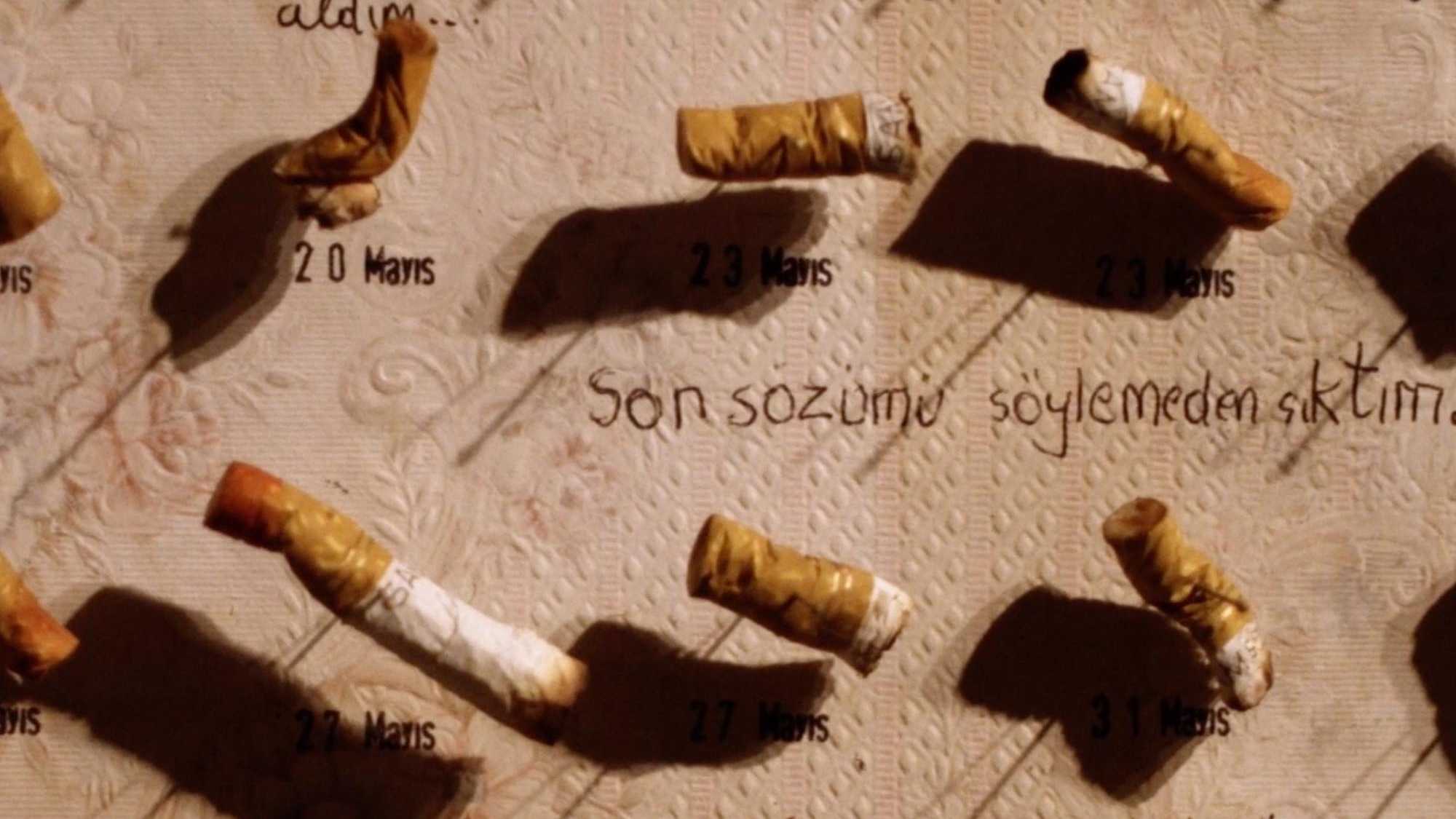
It occurred to me yesterday, ten minutes into watching a well dressed woman texting merrily away during a screening of Innocence of Memories, that my involuntary shutters-wide-open film watching mode is perhaps not the only possible one. Perhaps there are people whose involuntary response to a film is to focus in very sharply, so that instead of widening out to max, their sensory intake narrows. Only the film exists. To people like that, texting would not seem a rude activity, any more than it would be to read one book while your neighbour reads a different book. You’ve simply stepped from one private universe into a second one for a moment. In which case this bane of my existence would be another manifestation of one of the most basic truths about art, which is that we’re all different and we all have different experiences.
I was musing on this during Innocence of Memories not because of That Texting Woman, though as the current holder of “texted the longest while sitting just slightly too far from me for intervention”, she certainly would have stopped me paying full attention to the film, had I been doing so. But I hadn’t. I think it was probably rather a gorgeous film; it was certainly a very interestingly conceived one. While the soundtrack interleaves voiceover readings from an Orhan Parmuk novel, musings about the same novel, and interviews with Parmuk himself, the camera roams around the Istanbul museum dedicated to objects evoking the events of the novel, and around the streets of Istanbul, where the novel is set, and where Parmuk has lived his whole life. Very beautiful to watch.
However: while my reasons for seeing this particular film did include “it sounds fascinating”, the primary one was that Parmuk is one of the most highly regarded of the living novelists I’ve repeatedly failed to respond to. He just does not light my fire. I was curious to see whether the film could open him up for me. It could not.
I drifted pleasantly enough for an hour and a half, and came out with no strong sense of whether I’d just seen an overambitious extended montage with no coherence or traction, or a well made film that didn’t happen to speak to me. Being in the business of having and explaining opinions about film, and generally finding that I can enjoy most things if they’re well made versions of the things they’re trying to be, I find this lack of a clear response highly interesting.
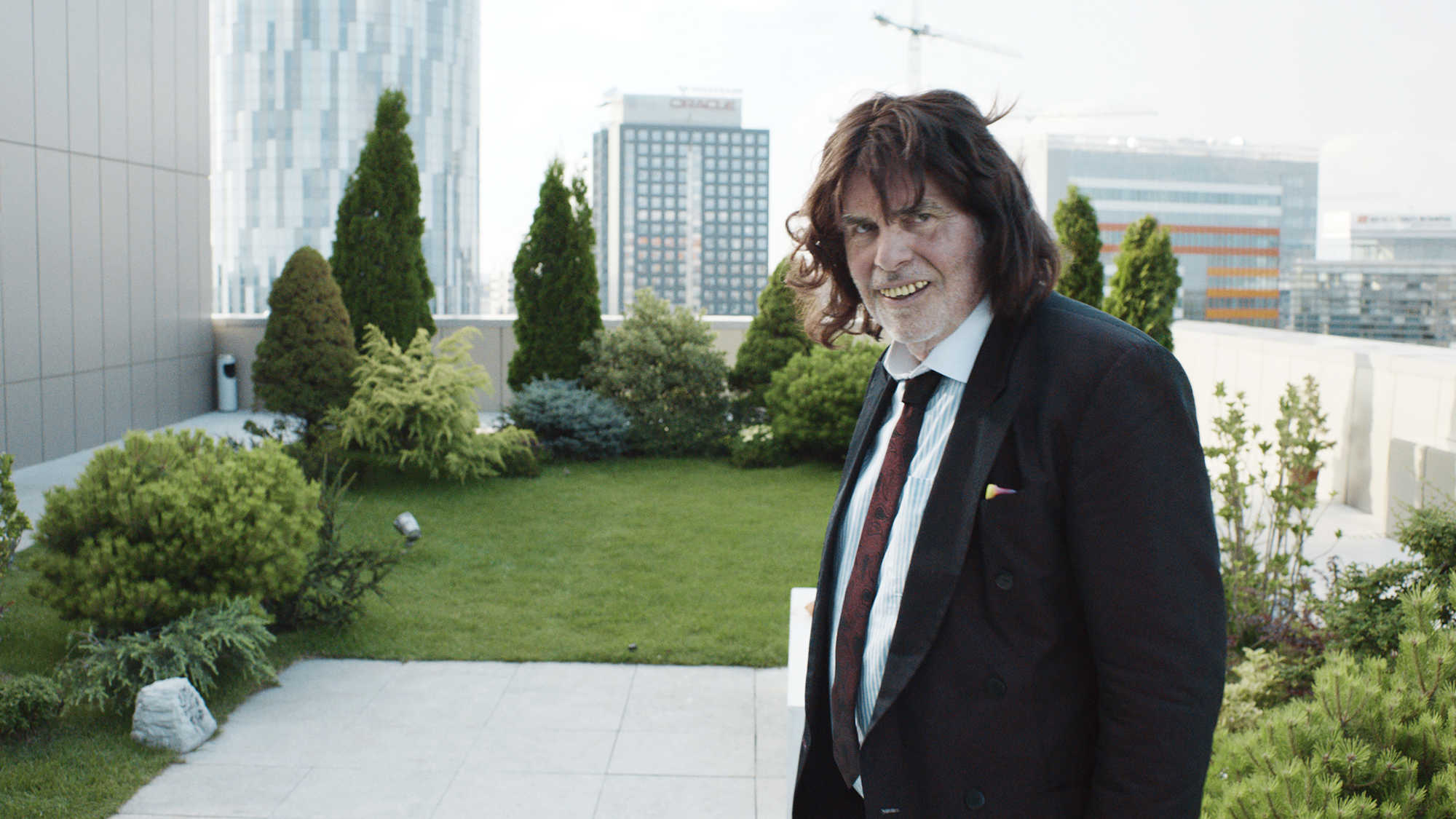
“So if they all loved it, how come it passed the three of us by? That’s the festival though.” I was standing around at the Civic, waiting for my next film, when I overheard someone say this. She was discussing Toni Erdmann, the deadpan German comedy of embarrassment that’s been widely hailed as the great comic masterpiece of recent world cinema. Two of my friends saw it earlier in the festival than I did, and both of them told me — separately, in the course of two different five-minutes-to-catch-up-between-films conversations — that it was a work of genius and unquestionably one of their festival highlights. I liked it okay.
There were at least four occasions when I roared with helpless laughter, so I suppose I liked it a lot.
There were at least four occasions when I roared with helpless laughter, so I suppose I liked it a lot. But at the same time its comic sensibility didn’t quite mesh with mine and there were long stretches where my main response was mild irritation; so I did not enjoy it the way my friends did, and I did not fail to enjoy it the way the three people I overheard discussing it did. I would not say, “That’s the festival though”. I would say, “That’s being alive”. Art is complicated and we respond to it differently: this is not news, yet somehow it’s always surprising.
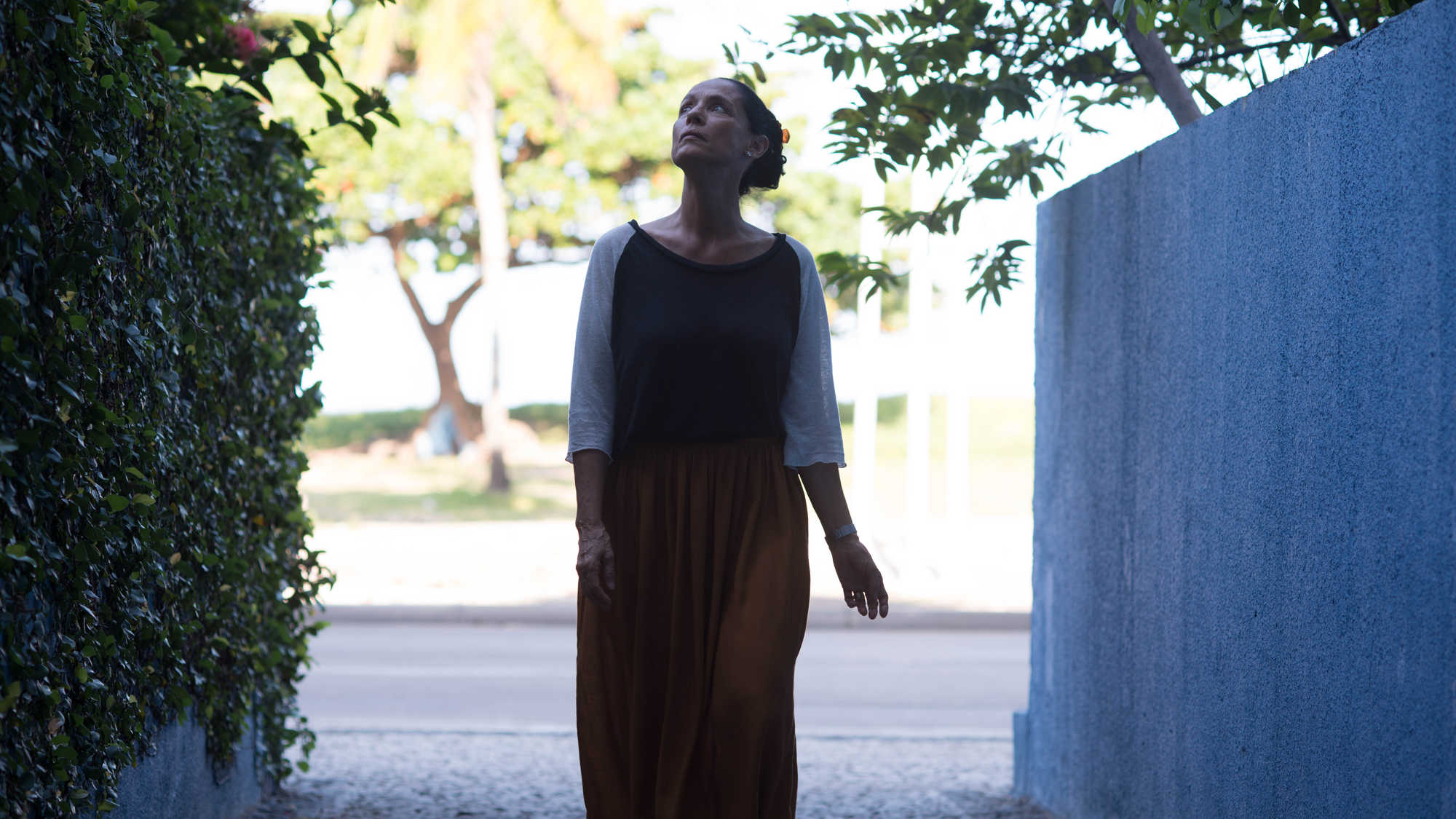
“I mean if it had been compressed. It wouldn’t have been good, but if it had just been shorter”. I overheard this — I do apologise, festival-goers, listening to your private conversations is probably very rude, but it’s so interesting — while coming out of Aquarius, the glorious extended character study in which Sonia Braga gives one of the towering performances of this or any other festival. Or perhaps it was an overindulgent and undisciplined meander with not nearly the substance its length required? That was the view of the people I eaves-dropped on afterwards; they were frustrated and annoyed, and the only pleasure the film afforded them was the pleasure of vociferously agreeing with each other about it. It’s yet a further bit of rudeness that I should say this, but they were simply wrong.
There are so often things about films that fail straightforwardly, or that are hard to grasp. The third of Aquarius‘s three acts falls somewhere between these two poles for me — I had a long conversation with my son about whether the final moments and the plot twist which sets them up constitute a formal failure, or a challenging ambiguity. We didn’t agree. I would tell anyone thinking of seeing the film that the ending is problematic, in the strict sense of being something you have to solve for yourself, rather than something the story hands you on a plate; personally, I think it’s the film’s one major weakness. But there is no room for debate as to whether the expansiveness director Kleber Mendonça Filho permits himself is a weakness: it’s not. The slow unfolding of the story is the only thing which allows us the time to get to know Dona Clara, the imperious resident of a Brazilian seaside apartment block an unscrupulous developer wishes to demolish. Getting to know her is what allows her possible loss of her home to matter for us; more to the point, getting to know her is what allows us to know her. She isn’t someone I’ll quickly forget. You can say, “I didn’t like Dona Clara” (although she’s fabulous); you can absolutely say, “This kind of film is not for me”. But to let that lack of personal connection push you over into saying, “This is just bad film-making” is a failure of comprehension: you’re letting your understandable frustration prevent you from seeing what’s in front of you. What’s in front of you is a director opening his arms and pushing time aside, to create a wide enough, relaxed enough space for a great actress to show what great acting can be.

“It’s not about taste”. Malcolm Turner said this to me, shortly before the start of Animation Now! Indie LA, one of the five programmes of animated short films he’s presenting at the Auckland festival. (Only a couple are playing in other centers.) Turner is the animation programmer for this festival and for a number of others in other countries; he is deeply, deeply knowledgeable about the global animation subculture, and I’d asked him whether watching as many animation shorts as he does every year has changed his tastes. I wanted to know whether this makes programming for a general audience difficult. (Not a disinterested question; I write reviews for a general audience, and my own tastes have definitely shifted over the years I’ve been reviewing.) “It’s not about taste”, he said. “Sometimes I programme things I don’t personally like. It’s about whether it’s a good film and whether it’s doing something only animation can do.” This is either one of the most sophisticated things anyone has ever said to me, or a fundamental misconstruction of the nature of taste; I’m still trying to decide which. But certainly, there are things I’ve seen at this festival which I’d describe as very good, but not for me; and there are things I’d describe as oh-my-god-so-good-so-good, but which I know are not going to be for everyone.
It’s one of the closest things I’ve seen to the mythical good-thing-for-all-tastes.
Curiously enough, one of the closest things I’ve seen to the mythical good-thing-for-all-tastes would be Animation Now! Indie LA.
Partly this is because of its range. As the title suggests, these are films chosen to represent the huge body of work being done at the moment by independent animators in Los Angeles; Turner brings together 17 different shorts, for a total running time of only 66 minutes. So if a film happens not to work for you, it will be over before it has time to grow very irksome. But just about every film did work for me. The vitality and originality on display are staggering: not just in style and subject matter, but in technique. (Plasticine animation. I’d forgotten that was even a thing, let alone a thing that could be done so well).
So we are now halfway through this festival. I have three more SO-GOOD-SO-GOOD raves, one SO-GOOD-THOUGH-NOT-MY-THING, and then I’m going to list my top picks of the 34 films I’ve seen so far. I mention that number casually and with not one hint of swagger, unless I’m lying right now. (Honestly, this is the most films I’ve ever seen in this short a period. It’s doing the strangest things to my perception of time. How is it Sunday again so soon? My brain refuses to accept that the calendar knows its business).
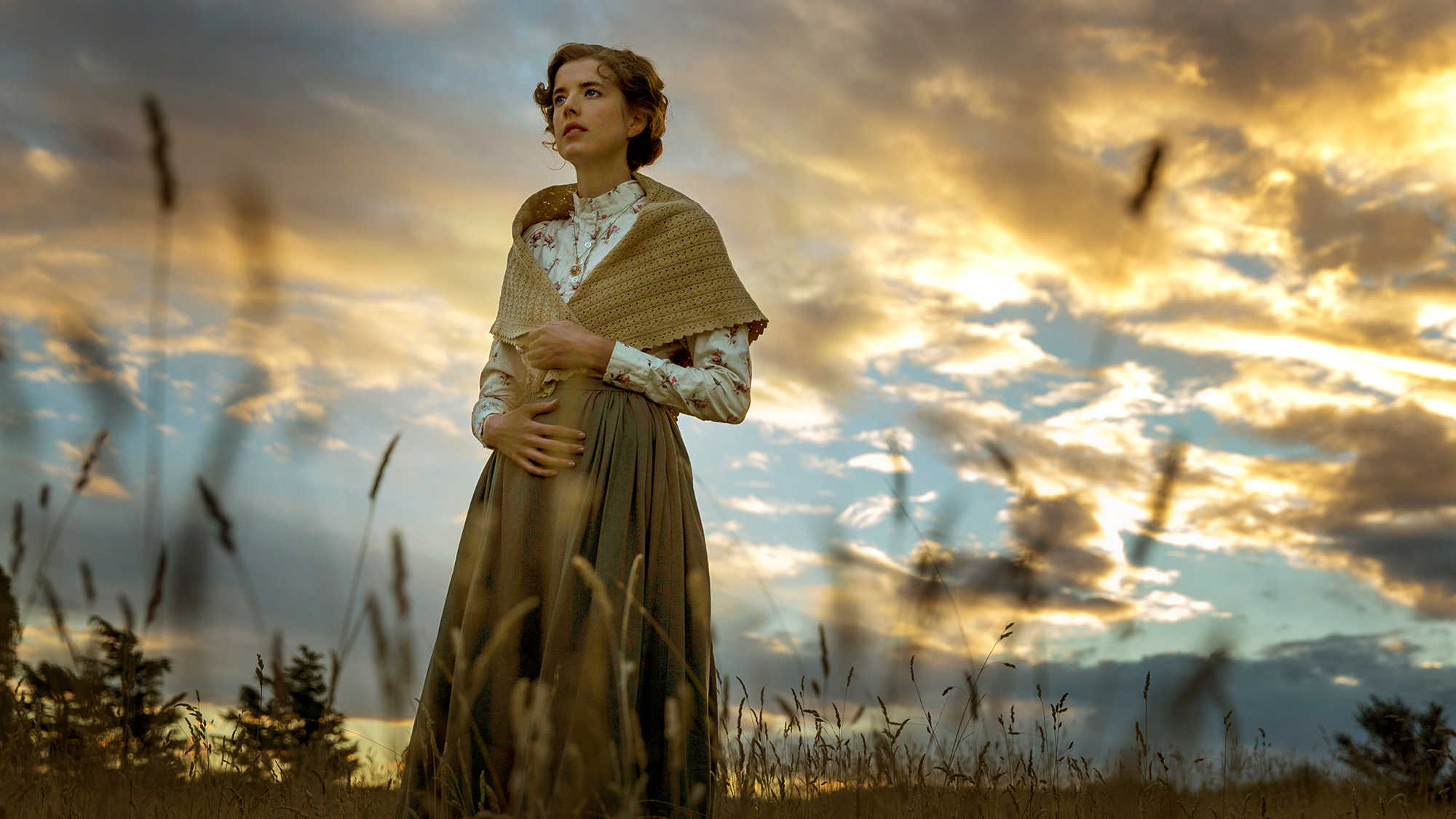
So good but not my thing: Sunset Song. This was in a way the most interesting experience I’ve had at this festival, because Terrence Davies is so very good at what he does that it mostly, but not entirely, overwhelmed my resistance. To enjoy a thing you know you’re not enjoying, simply because of how well it’s being done, is not quite a paradox — you can experience supreme admiration for artistry while remaining emotionally detached — but it’s somewhat rare in my experience.
To enjoy a thing you know you’re not enjoying, simply because of how well it’s being done, is somewhat rare in my experience.
(I suppose this is why I’m still pondering Malcolm Turner’s, “It’s not about taste”.) In any case, this is old school classical film making, a sweeping story set within quite narrow bounds geographically, following a Scottish girl’s teen years and marriage. It’s a slow story of painful endurance and maturation, and it makes heavy use of voiceover, a device I tend to despise; but in this case it’s being used to bring in ideas that would be very hard to encode visually, and that do add a lot of complexity to the story. I’m off later today to watch the other Terrence Davies film in this festival, and I’m pleased to find I’m looking forward to it. (Partly because he will be there to introduce the film and answer questions afterwards, as he was yesterday, and he has a very sweet and eloquent way of speaking). (“Isn’t this SPECTACULAR!” he said, waving round the Civic. “It’s overwhelming! I’d pay just to come and sit in the stalls.” And then, “I hope you like the film. I made it with my heart. I just ask that you watch it with yours”. It was hard not to love him.)
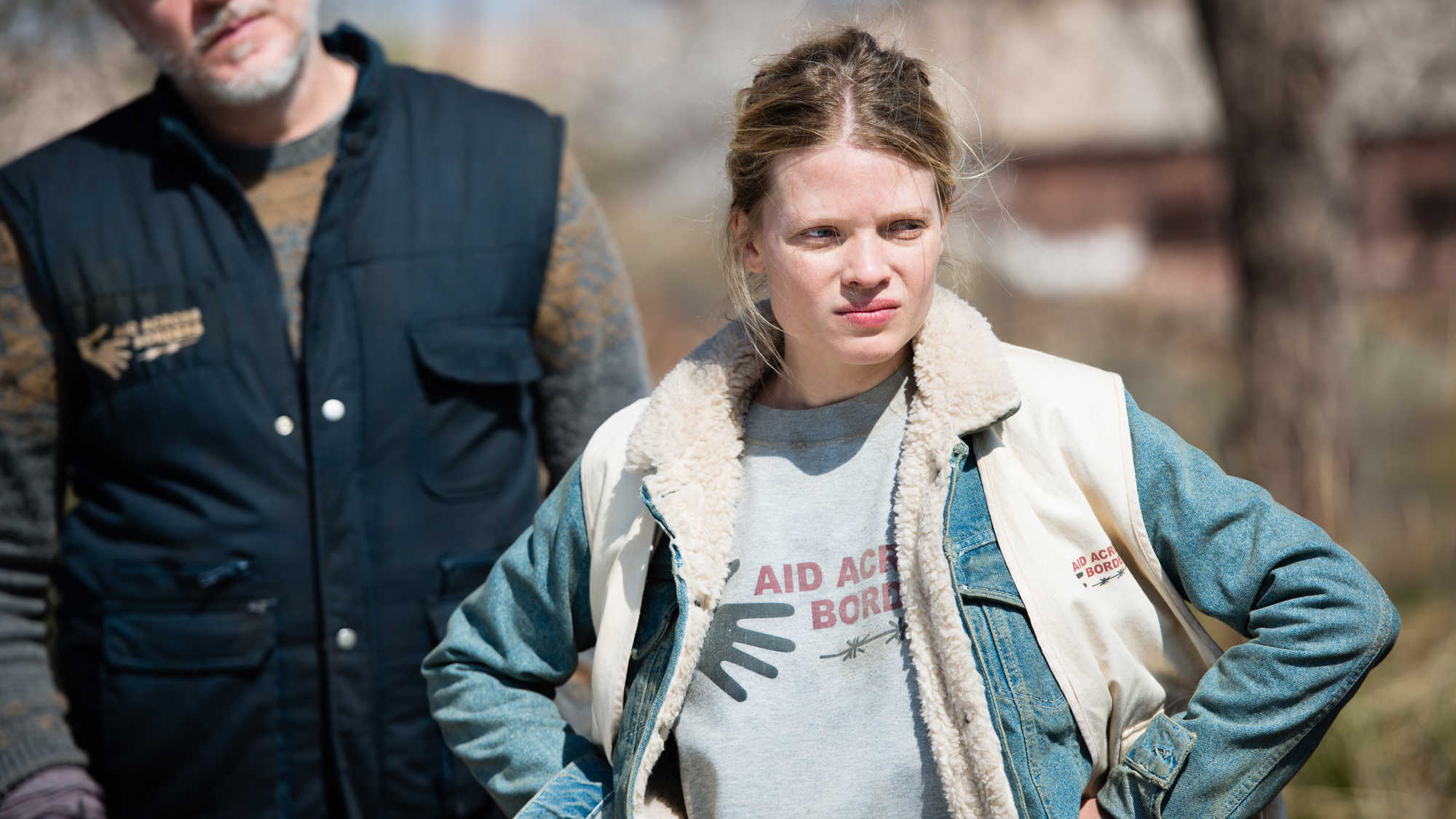
So good, so good: A Perfect Day. Do you ever go back and watch old episodes of M*A*S*H? I never do, because I’m fairly sure the sublime mix of cynical wit and pragmatic idealism that I remember from my childhood would evaporate on contact. But this film, following a group of aid workers during the last days of the Bosnian war, is exactly what I remember that show being: light, but very dark; breezy, but deeply felt. And in a quiet way very, very funny. Yet another chance to remark that Benicio Del Toro (basically playing the Alan Alda character) is as cool as it is possible for a human being to be.
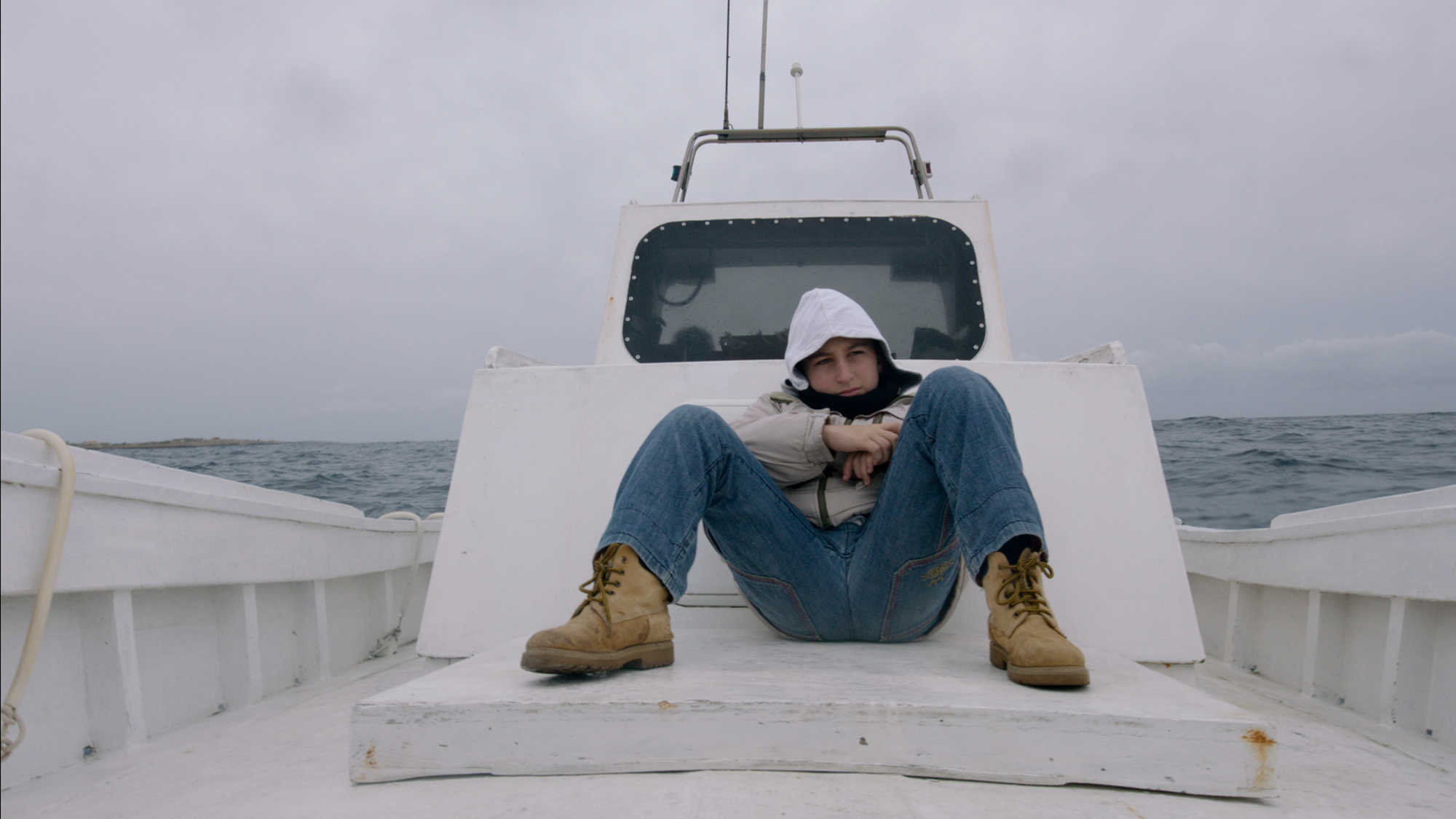
So good, so good: Fire At Sea. A quiet observational documentary — as in, there is no narration, and the connections between the different things you’re shown are left for you to tease out yourself — about life on the little Mediterranean island of Lampedusa, and about the African refugees flooding over the sea towards it. We see both these things: beautifully shot scenes of islanders, in particular one young boy, going about their daily lives, and scenes of refugees arriving on boats, many nearly dead from heat and dehydration, some dead already. Only one person in the film interacts with both sets of characters. There is no implied judgement here; we’re not being told something harsh about the islanders’ capacity to live within narrow bounds of empathy. But we are being told something harsh. There’s a second film about Lampedusa playing at the festival, reportedly a far more direct and politically charged one. I’d like to see it; but I also feel as though the window I needed opened on this aspect of our current global reality is now open wide, and won’t be closing again.
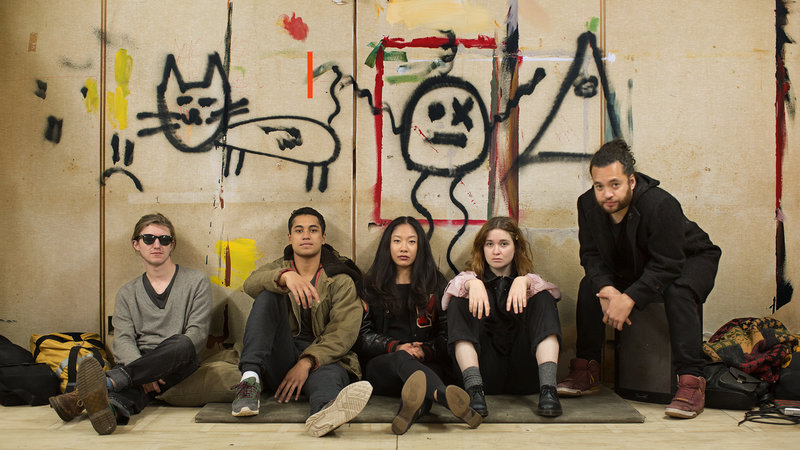
And oh my god, so good: The Rehearsal. I did not think Eleanor Catton’s formally inventive first novel was a plausible candidate for film adaptation. Too complex, too full of ambiguities, too razor-sharp in its language. How would you get those qualities onto the screen? I feared heavy and fruitless use of voiceover. Instead writer-director Alison Maclean and co-writer Emily Perkins take the road less travelled, and use brilliantly well-controlled structural complexity to create something very close — I would say ideally close — to a genuine screen translation of the reading experience.
I’ve already had several arguments about it with film-savvy friends.
The acting is universally strong, especially from James Rolleston, Kerry Fox, and Ella Edward. The film’s ending is the textbook example of the bold experimental move that won’t please everyone; I thought about it all the way home before finally concluding it was a strong equivalent to the book’s ending (which for reasons worth arguing about at length the film is unable to use.) I expect to be writing a lot more about this film; I expect a lot more people to be seeing it, in many countries besides ours. For now, just this: it’s too bold and too singular to work for all audiences, and in fact I’ve already had several arguments about it with film-savvy friends. But in a strong year for New Zealand films, The Rehearsal is hands-down my favourite.
At the halfway mark, here, in order of OMG-SO-GOOD enthusiasm, are the festival films I’ve loved so far:
- The Rehearsal
- Happy Hour
- The Daughter
- A Dragon Arrives!
- Lovesong
- A Perfect Day
- Poi E
- Weiner
- Fire At Sea
- Les Démons
- Captain Fantastic
- Animation Now! Indie LA
- Tower
- Aquarius
More from David Larsen’s Film Festival blog:





